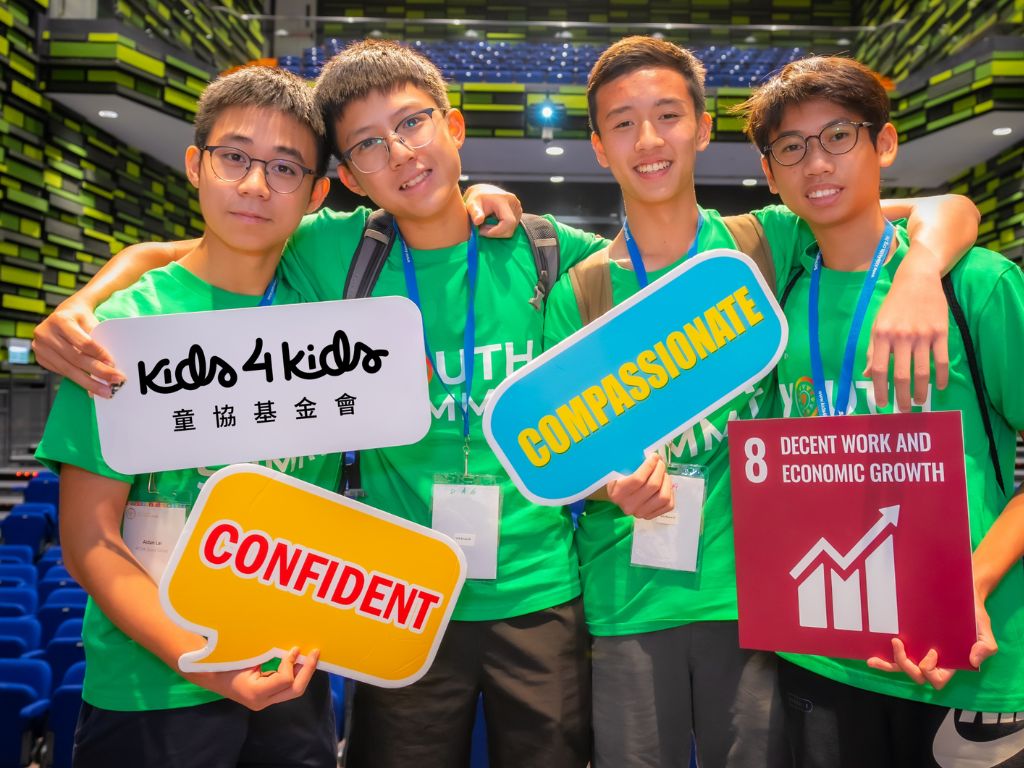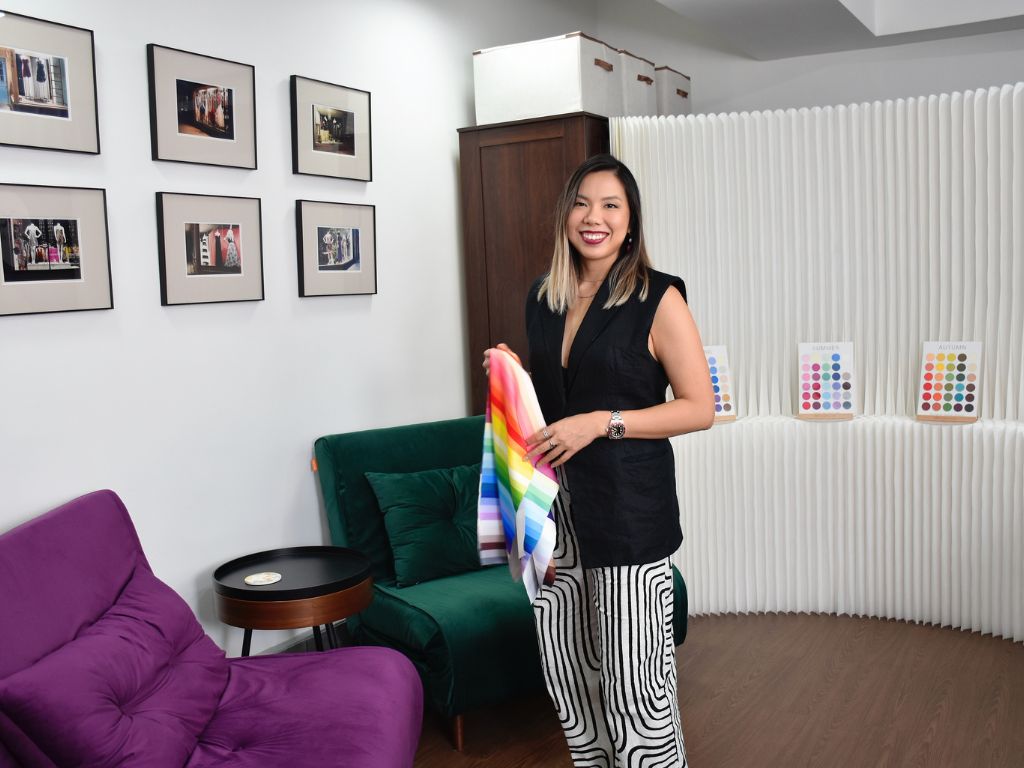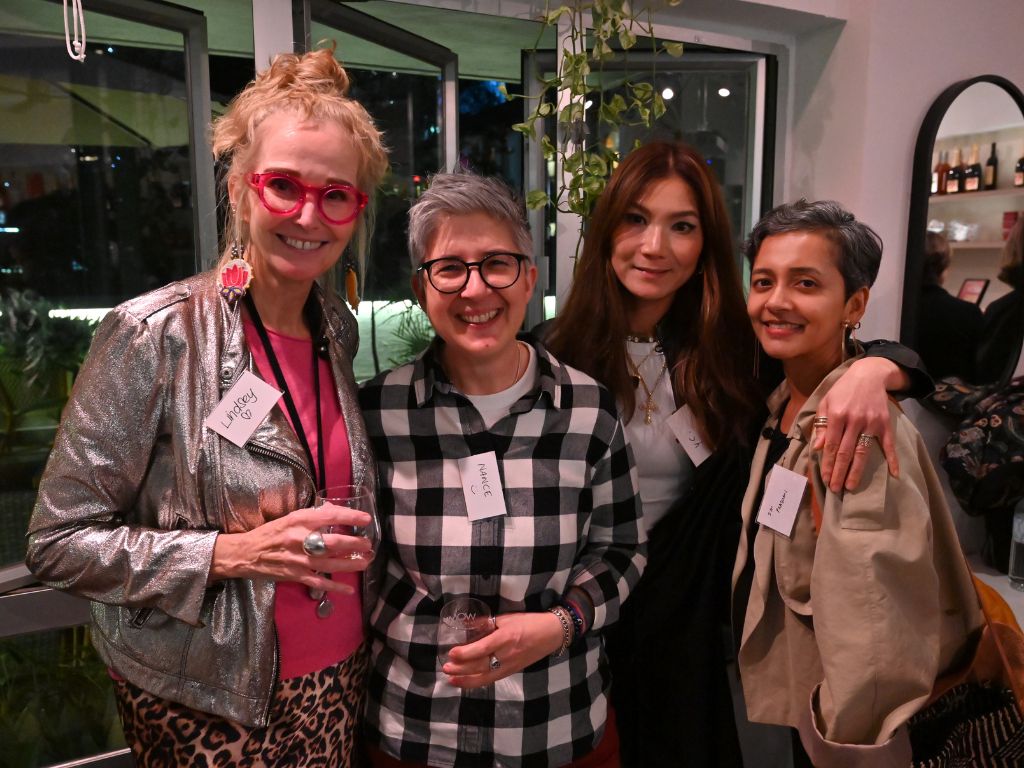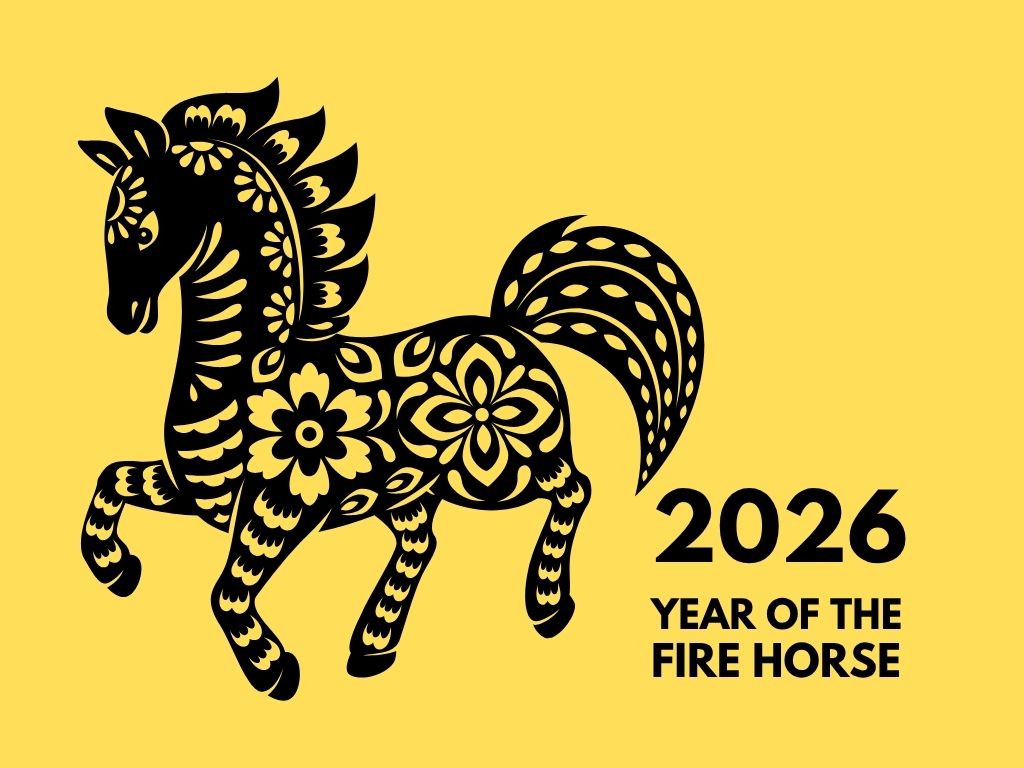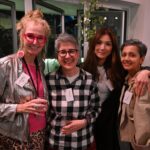All or Nothing
Being Neighbourly x Kerys Haines & Nicole Chabot, Buy Nothing Project (HK)
- Author/ Jada Seaton
Share

Hong Kong is a very unequal society,” says Kerys Powell, founder of the Buy Nothing Lamma Island Facebook group. “Many of us have more than enough, while others struggle to meet their needs. I wanted to do something that would make a difference.”
The Buy Nothing Project didn’t begin in Hong Kong—the gift economy network originated in the United States as an effort by two friends to reduce unnecessary consumption—but after reading about it in an article, the long-time Lamma Island resident was inspired to start a group of her own.
As the first group of its kind in Hong Kong, Buy Nothing Lamma Island initially struggled to take off. “People were not so comfortable with the idea of things being free,” Powell explains. There wasn’t an established culture of giving, so people felt like they had to offer something in return.
It took a bit of time, but once people warmed up to the idea of giving and receiving freely, the group saw massive success.
Thanks to Powell’s efforts, the Buy Nothing Project has been able to spread to other parts of Hong Kong as well.
“I’m happy to have planted a seed and to now see it flourish,” she says.
The Buy Nothing Project
The Buy Nothing Project is a benefit corporation, founded in 2013 by friends Rebecca Rockefeller and Liesl Clark in Bainbridge Island, Washington.
It was born in an effort to reduce plastic waste and has since evolved into a global network of local gift economies, offering people ways to give and receive items that would otherwise be thrown away.
The narrative of these Facebook groups is simple, with posts limited to three types: GIVE, ASK and GRATITUDE, which head each post that’s written. In this way, it’s easy for members to see what’s what at a glance, and be able to navigate the feed efficiently.
Their website offers free resources for people looking to build community by starting their own Buy Nothing groups; these include step-by-step guides, a self-paced online course, social media templates, and blog posts.
In recent years, the Project has been encouraging people to sign up for the free Buy Nothing Project app, which allows people to give and receive beyond the more limited boundaries of the Facebook groups, and frees up Facebook Admins to volunteer their time in other ways.
The Buy Nothing Project is supported largely by charitable donations and a wealth of volunteers.
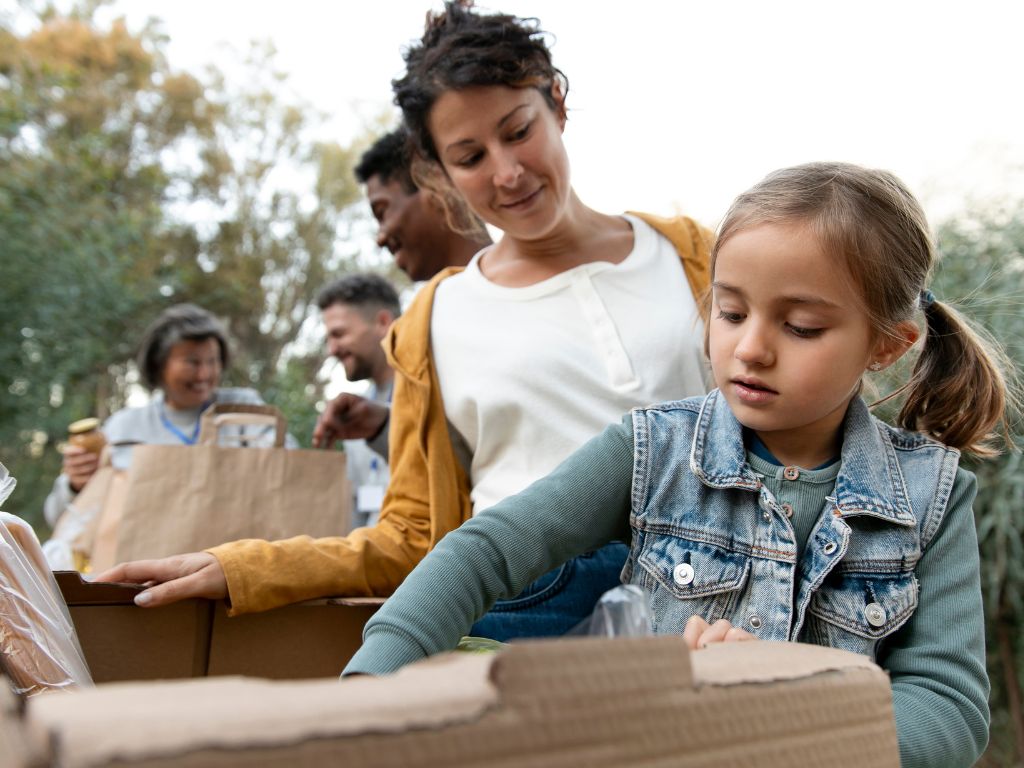
At the forefront of the emerging Buy Nothing groups is entrepreneur Nicole Chabot who, after learning about the Buy Nothing Project through a 2020 BBC report, has established several groups for different neighbourhoods.
The first group she founded was for fellow Mid-Levels residents. However, shortly after posting about the group on Facebook, she found people from all over Hong Kong wanting to join. Since the groups are meant to be hyper-local, Chabot continued creating new ones, so that the Buy Nothing gifting philosophy could reach even more communities in Hong Kong and stay hyper-local.
“The numbers were huge,” Chabot says of the Mid-Levels chapter. “The group snowballed after we reached our first 500 members. We grew to about 4,500 in less than two years, before I split the group into five new chapters on December 31 2023.”
The result is the sprawling network of Buy Nothing marketplaces we see in Hong Kong today.
Buy Nothing Groups in Hong Kong
Buy Nothing groups exist across Hong Kong Island, Kowloon and New Territories with a concentration of groups on Hong Kong Island. People are asked to request membership of one group only, in the neighbourhood where they live. Multiple requests will not be granted, following the global Buy Nothing rule that belonging to one group encourages people to build bonds with their neighbours and be truly invested in their neighbourhoods, so that it’s not just about the ‘stuff’.
HK Island
Central Midlevels & The Peak
Click here to request membership of the group.
Midlevels West
Click here to request membership of the group.
Central and Sheung Wan
Click here to request membership of the group.
Sai Ying Pun
Click here to request membership of the group.
Kennedy Town
Click here to request membership of the group.
Wan Chai
Click here to request membership of the group.
Kowloon
New Territories & Outlying Islands
New Territories
Click here to request membership of the group.
Lamma Island
Click here to request membership of the group.
Discovery Bay
Click here to request membership of the group.
On a personal level, the success of the Buy Nothing Project in Hong Kong has had an overwhelmingly positive impact on Powell. “I’ve always believed in the importance of community, so it’s good to do something that brings people together,” she shares. Since starting the Lamma Island chapter of Buy Nothing years ago, she’s gotten to know her neighbours better and seen countless items escape the landfill, finding new homes.
In terms of managing the group, Powell, who works as a teacher at an International school, says she isn’t too involved in the day-to-day running of things. Apart from helping members rewrite posts in English for better clarity, she says, “Other than the occasional scam post I have to delete, it’s very low maintenance and basically runs itself.”
Buy Nothing App
The Buy Nothing Project offers people a way to give, receive, share, lend, borrow and express gratitude through a hyper-local gift economy model in which people can share wherever they are and true wealth is measured by the web of connections formed between people through sharing.
According to the Buy Nothing Project website, there are over 11 million people around the world in the Buy Nothing movement! Download the free app here and within minutes, you can Give, Ask, and share your Gratitude with your neighbours. It’s instant and easy.
In addition to core functionality that will enable people to share with neighbours as they do on the Facebook groups, the app contains new features instigated by user feedback.
In addition, the Project has promised new ways to make sharing and building community all that much easier for everyone who loves being part of gift economy culture, and have promised regular improvements to be launched.
The app has been built from the ground up to empower each person using it to build community and connections in ways that work for them. We each have complicated identities and are members of multiple communities, and our app respects this reality.
The creators believe what they’re building has, ‘the possibility to truly change our real world experiences in our communities.
We believe the possibilities will be endless with regards to how we can give/ask/share gratitude more readily with our neighbours and communities.’
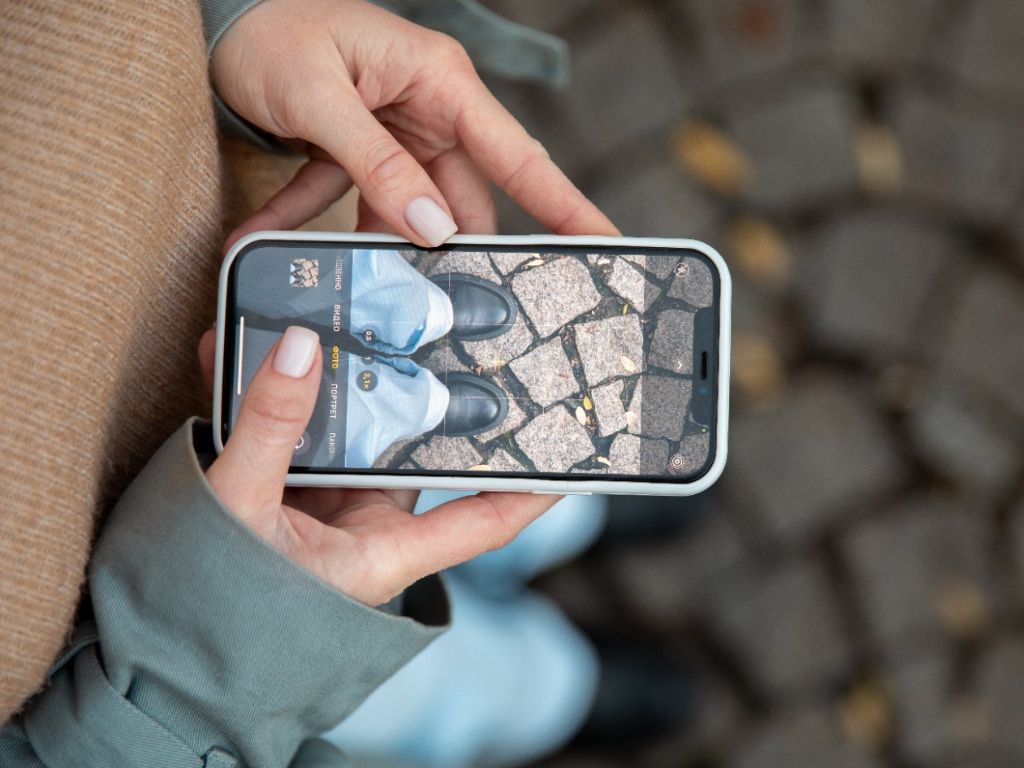
Chabot has had a much more hands-on approach to running the groups. For her, the Project has been one huge learning experience. “At the time of founding these groups, I was very social-media shy, despite having been a widely published journalist and author in my younger years,” she admits. “I’ve picked up a lot of observations about online group dynamics—some positive, others less so.”
She recalls a hostile reaction to a member giving away designer clothing. While most members were delighted at the parade of items, Chabot describes how one woman took offence to the wording used, feeling it showed arrogance. Following the incident, the angry woman stormed out of the group, though not before going a multitude of messages had bombarded Chabot’s Facebook Messenger account.
“It was really stressful calming everyone down and dealing with very different views,” she says.
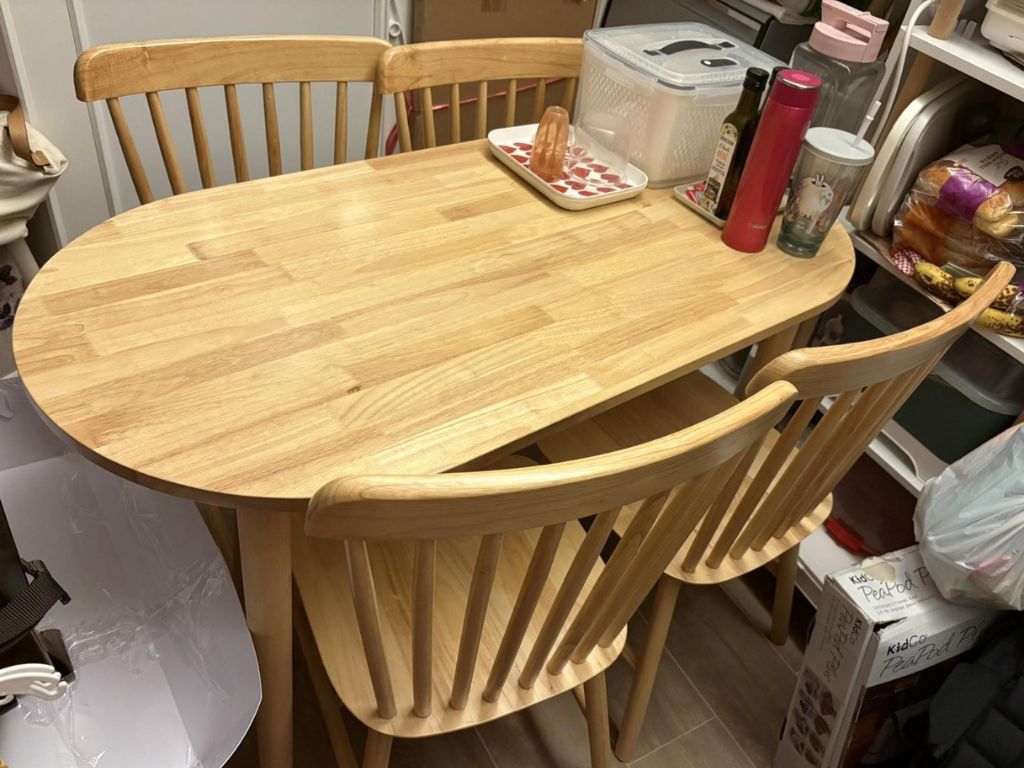
Though rare, incidents like the one above do happen and add to the challenge of running a group centred around communal giving. Chabot now has co-admins to help manage the groups and deal with conflicts, but the challenge of maintaining a peaceful online space—especially when that space is shared between employers of domestic helpers on one hand and domestic helpers themselves—remains.
“The unique way we live in Hong Kong sees some of the richest people living in the same neighbourhood or under the same roof as the poorest; it’s very unequal,” she says, adding that when one group dominates in response to gives, or resells items that have been gifted to them by the other, some of the members become really unhappy.
To counteract the more negative aspects, Chabot would regularly bake cakes and give them away to members of the group.
“People just loved nominating their friends and family members to receive them; it was so nice to see how something handmade can bring so much joy, especially in a city where anything can be bought.”
The feeling of unity produced from acts of selflessness like the one above, Chabot says, is one of the high points of the project. She adds, “It’s great seeing interactions between really different characters across diverse neighbourhoods.”
Today, the Buy Nothing Project has grown from its roots in Lamma Island to encompass groups across Hong Kong Island, Kowloon and the New Territories.
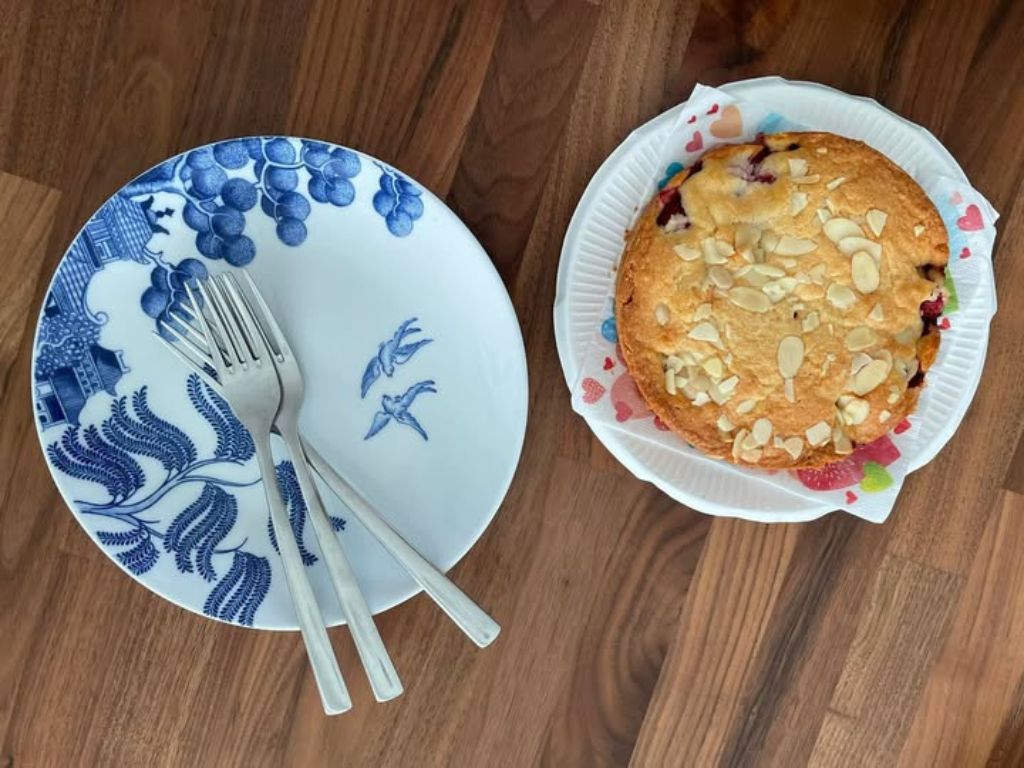
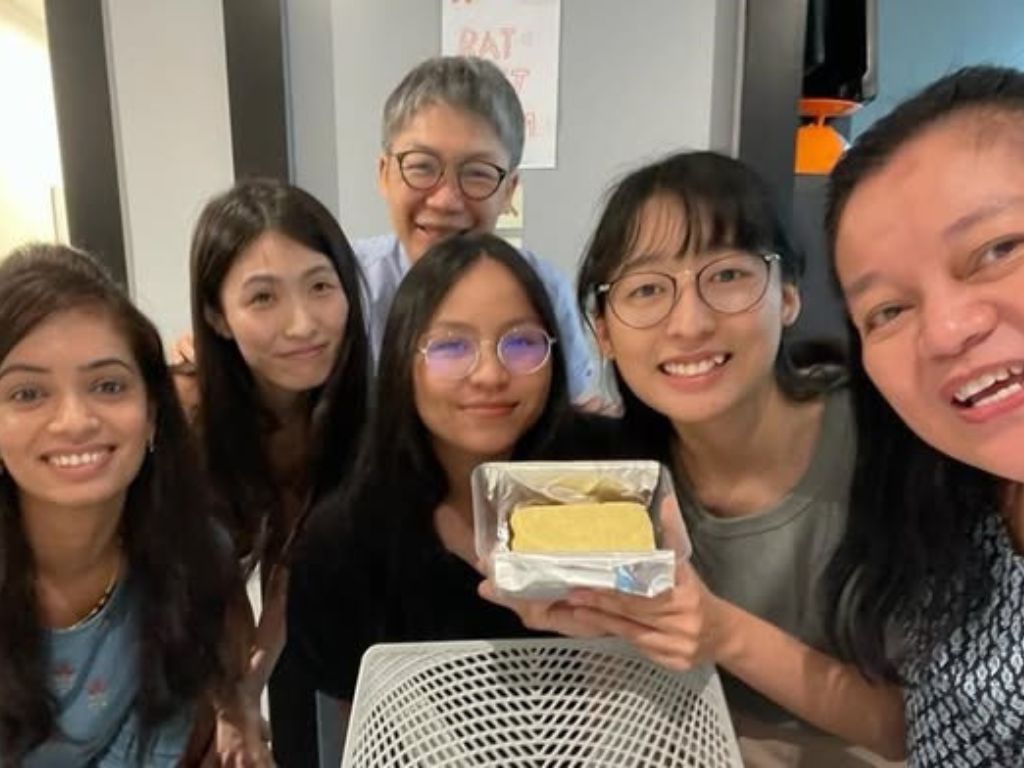
“To have personally founded so many groups is something I will look back on with pride,” Chabot says, “especially as most of the groups are really active communities, which encourages people to declutter their flats and to reimagine their relationship with stuff.”
Meanwhile, Powell is happy to see just how far it’s come.
“Hong Kong has a massive problem with overconsumption, unfortunately,” she says with regard to the project’s relevance in the region. “Fast fashion in particular is so damaging.”
She adds, “If everyone had access to a neighbourly way to rehome items they no longer needed, or to source second-hand goods without having to pay, it might make people think twice before buying more or sending things to landfill.”
Chabot, shares a similar sentiment, “We live small in Hong Kong, yet are very much an aspirational society in a way that many other countries no longer are. We are told that to have is to be better. But once you start giving things away, you live better—and by not mindlessly shopping, you make way for other things including more authentic relationships.”
To learn more about the Buy Nothing Project, visit www.buynothingproject.org.
Share
About the Author
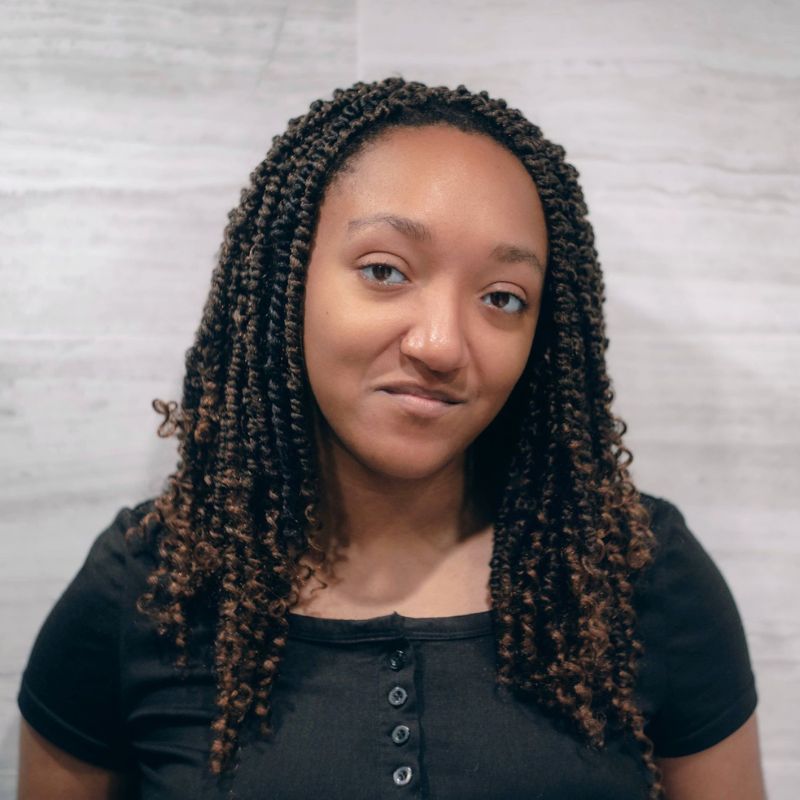
Jada Seaton
Jada Seaton is a writer of fiction, poetry, and creative nonfiction from Chicago. They hold a BA in English and Creative Writing from Seattle University and live in Hong Kong with their partner.
New Stories
Stay Up To Date
Want the latest insights and fresh content delivered straight to your inbox? Subscribe to our newsletter and stay updated with our exclusive content!
